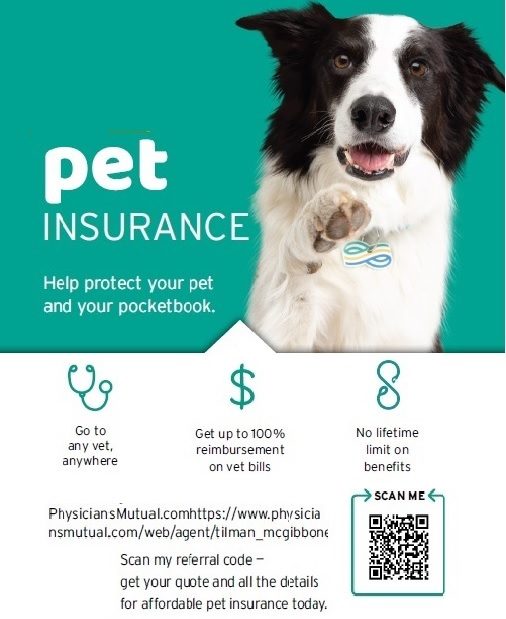Essential Fatty Acids (EFAs) are a requirement in everybody’s eating regimen, for each human and animal. However, the frame can not produce EFAs on its personal, so it have to be delivered to the weight loss program each day. The two most commonly recognized fatty acids are omega three (linoleic acid) and omega 6 (alpha-linoleic acid). The diets of our pets, like humans, tend to encompass more omega 6 fatty acids in preference to omega 3. This is an imbalance that needs to be improved upon.
Omega 3 fatty acids are critical as they help with the right formation of cellular membranes, cardiovascular features, nourish the liner of the digestive tract, and work to preserve your pet’s skin and coat easy, soft and vibrant. Another vital characteristic of omega 3 fatty acids is that they paintings to reduce inflammatory issues in the frame. If you find your pet’s coat is dull and brittle or if he/she tends to have dry skin and scratch loads, it can be due to a lack of this particular fatty acid.
There are extraordinary forms of crucial fatty acid supplements which can be available, but which kind you pick out to supplement your canine or cat’s food regimen can be a bit of a dilemma.
Pure plant oils consisting of flax oil, nighttime primrose oil, safflower oil or a mix of plant oils is a great alternative to fish omega-three fats. These need to be `cold-pressed` oils, rather than oils which might be typically extracted with chemical solvents. The trouble with plant oils is that animals have a harder time converting the fatty acids to a form quality utilized by the animal’s machine.
Fish oils, including salmon oil, halibut liver oil, or cod liver oil are more easily transformed and utilized by an animal’s frame. The drawback is that fish oils frequently comprise lethal pollutants, which includes excessive degrees of risky PCBs, dioxins and detectable levels of mercury. Farmed salmon is the worst for infection and includes less omega 3 acids than wild salmon. At present almost 30% of all fish are farmed, with salmon being inside the 90% farmed variety. As properly, farmed salmon are regularly carriers of disease and parasites. When supplementing your pet’s diet with fish oils, choose oils that come from wild resources, not farmed.
There also are mixed fish and plant oil dietary supplements available. These frequently include a combination of salmon or cod liver oil and flax, safflower or different such oils that provide a aggregate of three to 4 elements omega 3 oils to 1 component omega 6 oils. Giving your animal a mixture fish/plant supplement can be a great opportunity to consider, as they have to contain fewer pollutants given that they’re now not strictly fish oils, but nonetheless must be higher assimilated with the aid of the animal’s body than straight plant oils.


